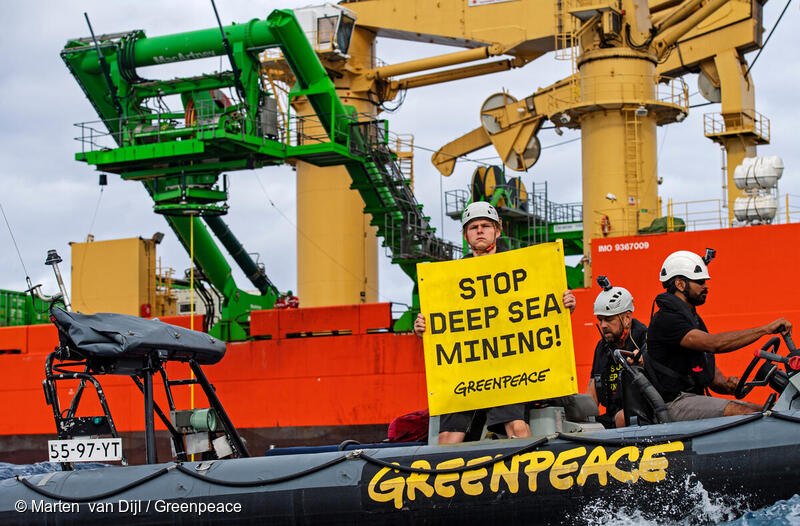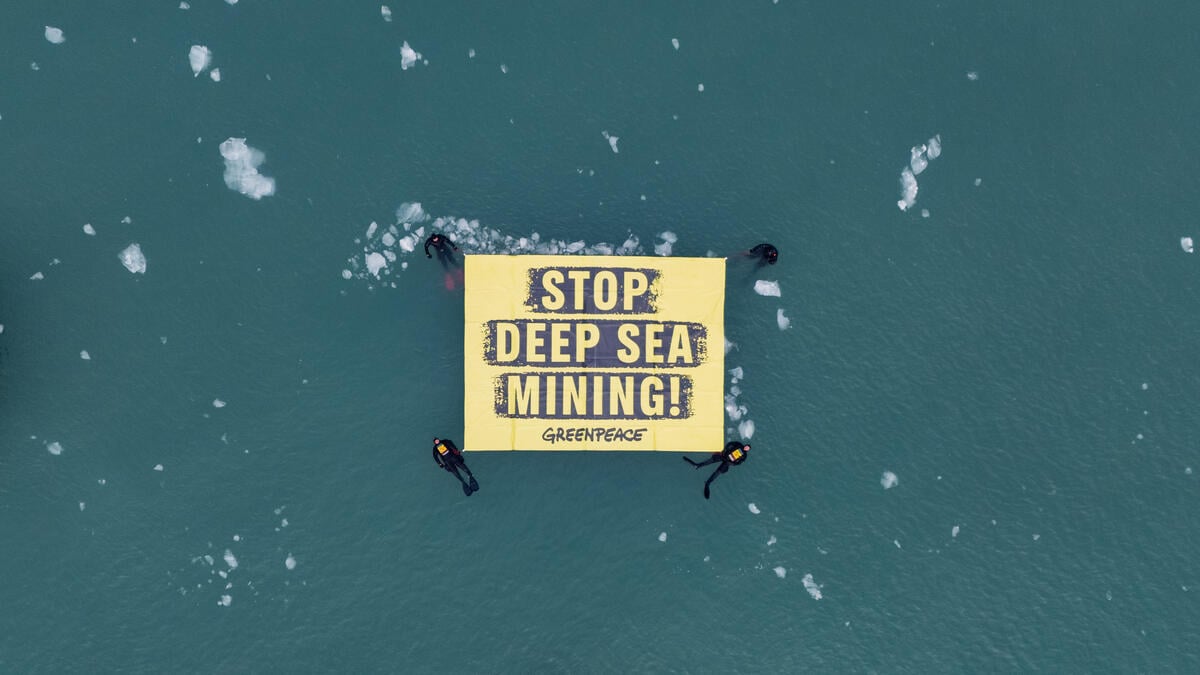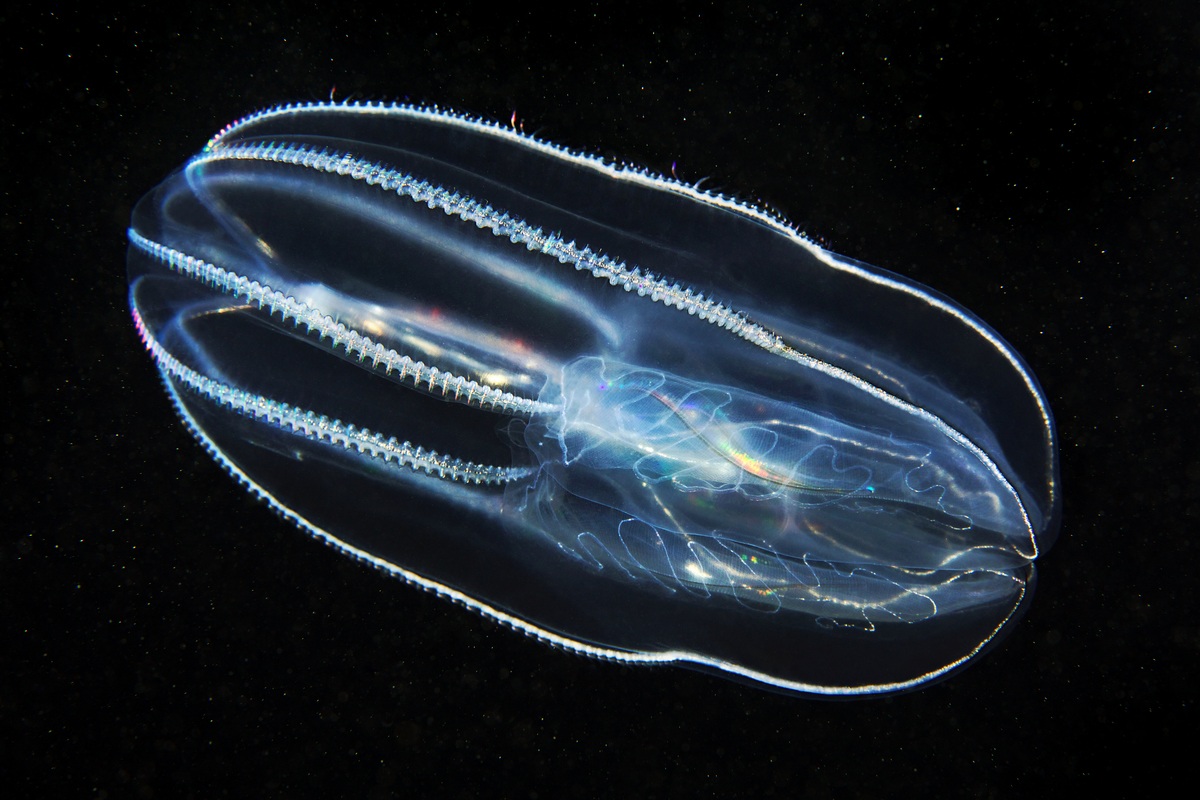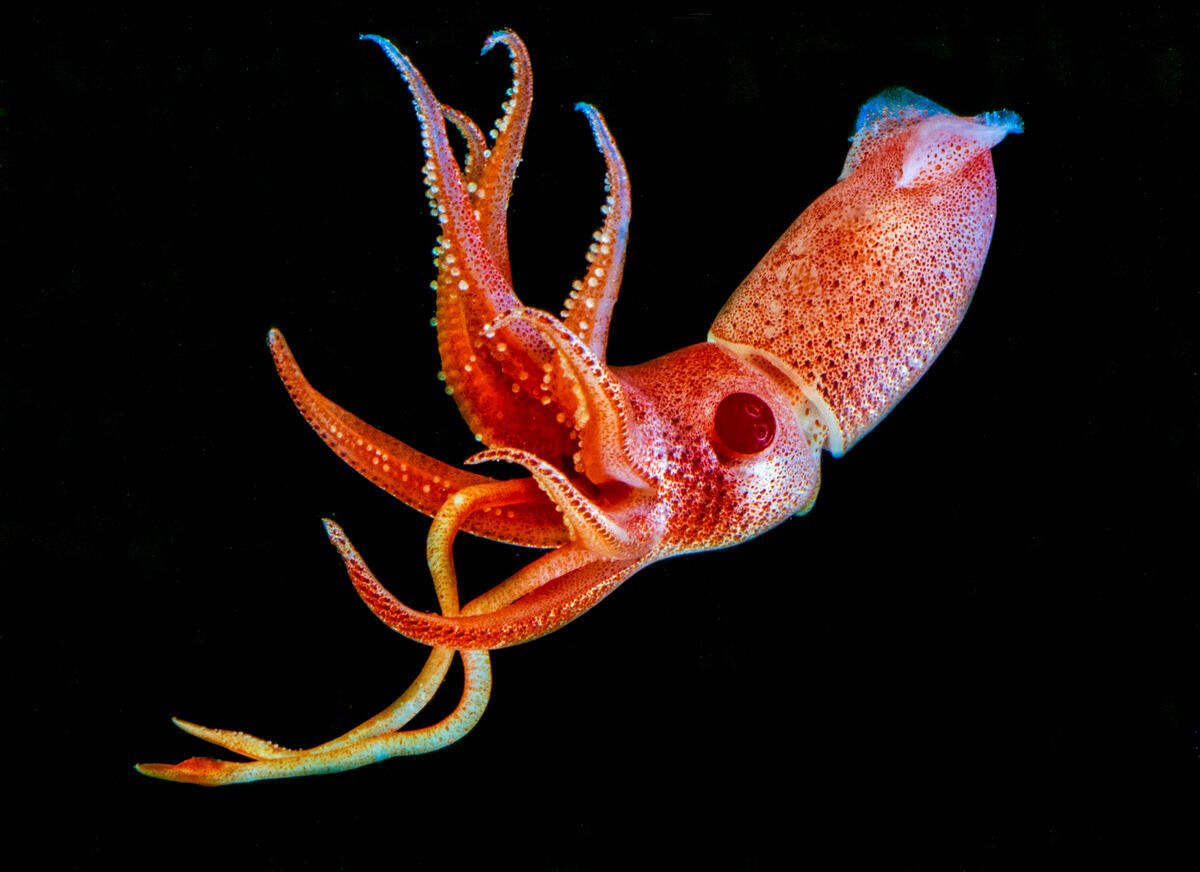The Pacific nations of Palau, Fiji, and Samoa today announced their opposition to deep sea mining and the launch of a new alliance to prevent the destructive industry from getting off the ground. The announcement was made by Palau’s President Surangel Whipps, Jr., at the UN Ocean Conference (UNOC) side-event co-hosted by the Deep Sea Conservation Coalition and the World Wildlife Fund (WWF).

The Pacific nations of Palau, Fiji, and Samoa today announced their opposition to deep sea mining and the launch of a new alliance to prevent the destructive industry from getting off the ground. The announcement was made by Palau’s President Surangel Whipps, Jr., at the UN Ocean Conference (UNOC) side-event co-hosted by the Deep Sea Conservation Coalition and the World Wildlife Fund (WWF).

Washington, DC (June 27, 2022) – The Pacific nations of Palau, Fiji, and Samoa today announced their opposition to deep sea mining and the launch of a new alliance to prevent the destructive industry from getting off the ground. The announcement was made by Palau’s President Surangel Whipps, Jr., at the UN Ocean Conference (UNOC) side-event co-hosted by the Deep Sea Conservation Coalition and the World Wildlife Fund (WWF).
If no moratorium is put in place, mining of the deep seas could begin by July 2023, threatening one of the world’s largest carbon sinks as well as fragile ocean ecosystems. Scientists warn that deep sea mining would result in an irreversible loss of biodiversity and could threaten other benefits to humanity, including future medicines and fisheries for tuna and other species.
Greenpeace oceans project lead Arlo Hemphill said: “The wall of silence is finally being shattered as countries begin to speak out against the destructive deep sea mining industry, which would put the health of the ocean on which we all depend and the lives and livelihoods of billions of people living in coastal communities at risk. The International Seabed Authority has been rushing headlong into this risky industry while ignoring its mandate to protect the oceans. Even stranger, it is preparing to join those who would be tearing up the ocean floor in search of minerals. The deep ocean, one of the world’s largest, most fragile, and important ecosystems, must remain off-limits to the mining industry.”
President Whipps was joined by Dr. Sylvia Earle and Debbie Ngawera-Packer, Co-leader Te Pāti Māori, Member of Parliament, Aotearoa/New Zealand. He cited the risks and concerns for frontline communities and expressed the hope that other countries would join Palau in the alliance calling for a moratorium on the destructive industry.
Palau’s announcement comes at a critical moment as several high-level meetings will take place over the next few months to decide the fate of the world’s oceans. The International Seabed Authority (ISA), the body charged with protecting the global seafloor as the ‘common heritage of mankind,’ will meet in July and August to continue to develop, adopt, and approve regulations for the nascent industry. The meetings follow Nauru’s triggering last year of an obscure legal provision called the ‘2-year rule’ that will open up a vast new frontier of the global ocean commons to large-scale industrial resource extraction by July 2023 with whatever rules are in place at that time.
The ISA has faced criticisms from civil society and others around its transparency, accountability, and inclusivity practices. In April, the Los Angeles Times published an expose on the ISA, reporting conflicts of interest between the deep-sea mining industry, the Authority, and its secretariat. At the next July and August sessions, the participation of civil society will be severely restricted.
These announcements follow Chile’s recent letter to the United Nations Convention on the Law of the Sea’s annual meeting of States Parties to call for a 15-year moratorium on deep-sea mining. The letter cites concerns about the environmental damage deep-sea mining would cause and a lack of sufficient scientific data. Also, in April this year, the Pacific Parliamentarians’ Alliance on Deep Sea Mining (PPADSM) called for the suspension of deep sea mining activities in jurisdictions within the Pacific region to allow for a greater scientific understanding of the potential impacts of deep-sea mining.
The growing political momentum to stop the emerging industry before it starts comes as opposition builds from frontline communities, civil society, scientists, automobile and technology companies, financial institutions, and the fishing industry. The United Nations Environment Programme Finance Initiative published a new paper earlier this month stating that, given the anticipated risks and environmental implications, deep-sea mining should not be considered a component of a sustainable blue economy. They also urged investors to avoid the industry.
In addition to the moratorium, another key way for world leaders to protect the world’s oceans from threats like deep sea mining is to adopt a Global Ocean Treaty. This August at the United Nations IGC5, governments will meet for the final round of negotiations on the treaty. After making modest progress at the fourth session in March 2022 following a two-year delay in negotiations, world leaders will have the opportunity to create a landmark Global Ocean Treaty that can equip governments with the necessary tools to address the climate and biodiversity crises, including the authority to designate and establish a global network of ocean sanctuaries in international waters. Scientists have warned that fully protecting at least 30 percent of the global ocean by 2030 is necessary to restore ocean health, build resilience and safeguard livelihoods and food security for billions of people worldwide.
Hemphill continued: “We hope the momentum emerging at the UNOC will carry over to the ISA and the UN IGC5. We are facing real crises with our climate and ocean, and we have had enough of the talk shops. Time is running out and we can’t wait any longer. We need these leaders to act boldly and ambitiously to seize the opportunity now to deliver a Global Ocean Treaty that protects the oceans from the threats of climate change, plastic pollution, illegal and unregulated fishing, and the impending launch of deep-sea mining.”
###
Greenpeace USA is part of a global network of independent campaigning organizations that use peaceful protest and creative communication to expose global environmental problems and promote solutions that are essential to a green and peaceful future. Greenpeace USA is committed to transforming the country’s unjust social, environmental, and economic systems from the ground up to address the climate crisis, advance racial justice, and build an economy that puts people first. Learn more at www.greenpeace.org/usa.



